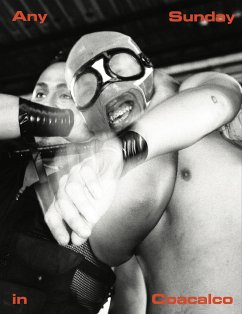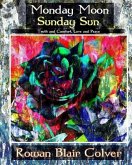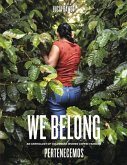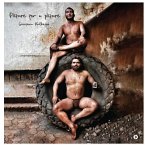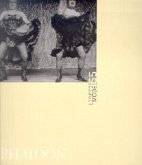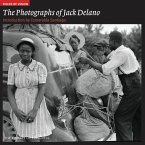Any Sunday in Coacalco, offers an unvarnished and intimate glimpse into the subculture of Mexican luchadores, the global phenomenon that’s inextricably tied with Mexican identity. Through a blend of reportage and deeply personal portraits, New York photographer Tyler Blint-Welsh highlights the roughness, absurdity, and passion that defines lucha libre, with a collection of images depicting raw violence, feats of athleticism, and moments of vulnerability. With a distinct perspective, honed over years as a journalist for the Wall Street Journal and the New York Times, Blint-Welsh takes a documentarian’s approach to a cultural performance, showcasing the aspects of machismo, tradition, and parody that have turned lucha libre into one of Mexico’s biggest pop-culture exports. For his debut photobook, which was shot in a single afternoon, Blint-Welsh traveled to an outdoor wrestling ring on the outskirts of Mexico City, with a pair of cameras and seven rolls of 35mm film.

